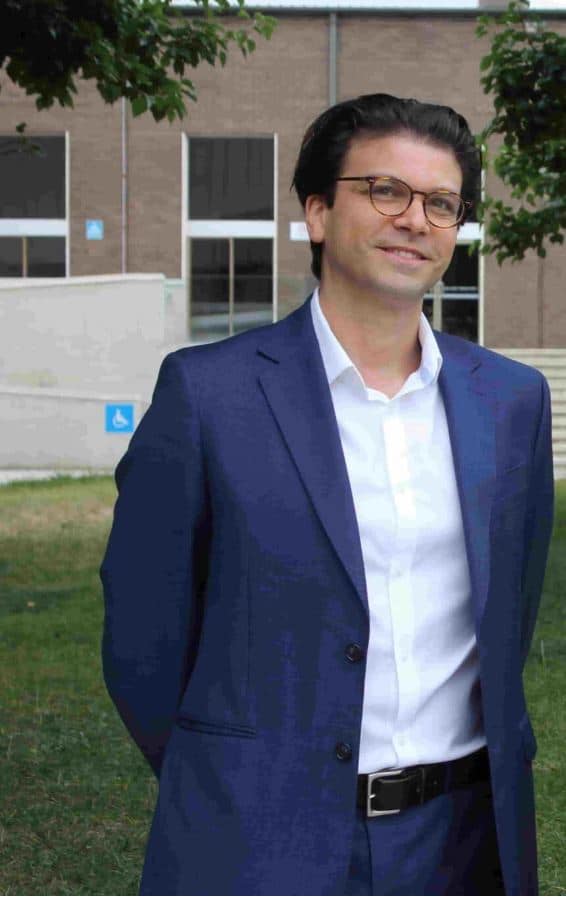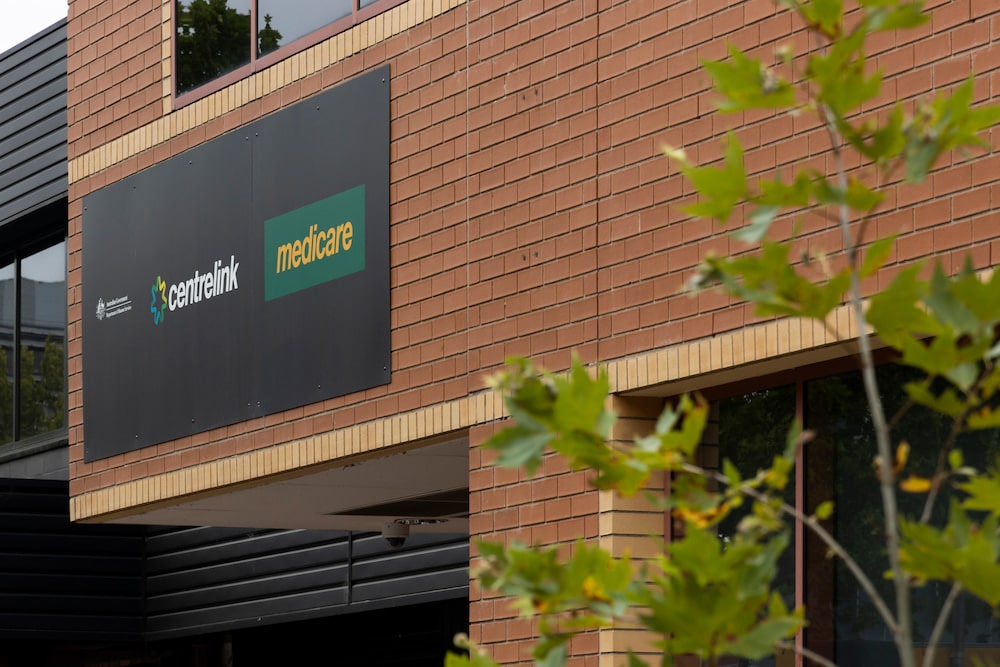Labor and Green politicians have condemned yesterday’s JobSeeker increase as inadequate and insulting.

JobSeeker was increased from $565.70 to $615.70 a fortnight – an estimated 41% of the minimum wage, which Prime Minister Scott Morrison said brings it back to Howard Government levels. (See our earlier story.)
In practical terms, this is $43.98 a day, or an extra $3.50 a day.
Alicia Payne MP, Labor Member for Canberra, called this amount “an insult to people trying to get by on the inadequate payment”.
“We need a permanent increase that allows people to live in health and dignity,” Ms Payne argued. “The Morrison Government’s rate does not deliver this. It is well below the amounts that have been called for over many years.”
She said the extra $3.50 a day was much lower than the $25 per day the Australian Council of Social Service (ACOSS) had proposed.
A Greens spokesperson said the new amount was not enough for people to live on, particularly during a recession or pandemic; people would not be able to afford meals, medication, heating, or cooling. This was “an appalling slap in the face” for the 1.5 million people on JobSeeker and Youth Allowance payments.
“The government knows full well that people absolutely cannot live on JobSeeker when it’s so horribly below the poverty line,” Greens Federal candidate Tim Hollo said, “and they know full well that the hoops they make people jump through to keep their payments do nothing to help them into work or help them survive.”

Those “hoops” include a dozen more job searches a month, and a hotline for employers to report jobseekers who turned down offers. Welfare advocates worry this hotline could lead to exploitation and bullying, the SBS noted.
“Frankly, the nastiness is the point,” Mr Hollo said. “Mr Morrison and his government are condemning thousands of Canberrans to poverty, forcing them to skip meals and shiver in their homes, in order to scare people into staying in work where they are treated badly.”
Dr Andrew Leigh MP, Member for Fenner and Shadow Assistant Minister for Treasury, agreed the new JobSeeker rate was not enough.
“My Labor colleagues and I won’t stand in the way of an increase, but this change alone won’t fix the problems of inequality, poverty and a lack of jobs across Australia,” Dr Leigh said.
Liberal Senator Zed Seselja was contacted for comment; his office did not reply.
Other solutions
Ms Payne had been a NATSEM researcher analysing the effect of policy on poverty and inequality before entering politics. She suggested the government conduct a budget standards review to determine what the JobSeeker rate should be, and how it should increase into the future.
A budget standards analysis looks at the costs of a basket of goods and services that enable a household – such as a single person, or a family with children, etc. – to have a decent standard of living.
“By setting the rate based on such analysis, we will also set the standard for JobSeeker increases into the future,” Ms Payne said. “It should be about what people need, not politics.

“The government has the resources and data to do this right now, but instead has put forward an increase that falls well short of an amount that this or other types of analysis would show to be necessary.”
Dr Leigh believed that increasing the rate made financial sense.
“These payments support some of the most vulnerable in the community, and that money flows right back into the economy,” he said. “While the richest people in Australia save about a quarter of their income, those at the bottom spend it all. If you want to ensure that the economy is humming, then putting money into the pockets of the lowest income earners is an important way of doing that.”
Mr Hollo promised to campaign for an increase that was over the poverty line.
“Tragically, Mr Albanese’s Opposition won’t name a figure they think is a reasonable level to live on, and are responsible for introducing some of the nasty surveillance policies,” he said.
“We need a different approach, and I and the Greens will not stop working for an $80 a day liveable income and abolition of the punitive mutual obligations.”
For more news:
- Good Food Month is coming back to Canberra in March
- Update: Eden-Monaro frontline workers offered vaccine in Bega
- Death Cap mushroom warning as peak season nears
- Federal Government contributes $132.5 million toward light rail stage 2A
- Betty holds the keys to one of 20 new public housing units in Dickson



